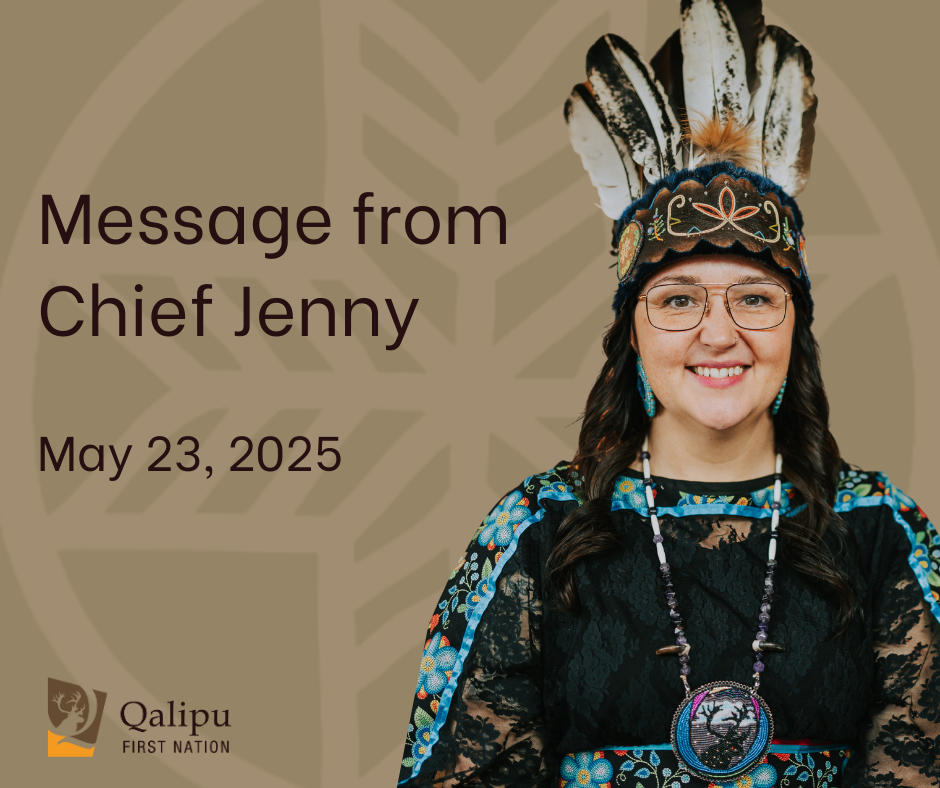I want to provide an update following the ongoing correspondence with many parties involved in the response to the MSC Baltic, the container ship grounded near Little Port, Newfoundland.
Over the past few weeks, an additional 290 cubes of oil have been removed, bringing the total to 600 cubes of hard oil recovered from the ship. Additionally, 24 shipping containers have been removed and transported to the Port of Corner Brook.
While two new tar balls have been recently discovered, I’m pleased to share that five previously collected samples have tested negative for a match with oil from the ship. Additional testing is being conducted on the remaining hard oil samples from the ship’s holding tanks, with a focus on identifying the source of any remaining oil.
Work continues to improve the road access to the site. The road is now open to truck traffic, and a turnaround is being constructed for larger equipment. We are relieved to know that emergency response teams are now able to bring in any necessary equipment safely.
A new vessel, the EEMS Dublin, has arrived on scene to assist in container removal under more challenging weather conditions. It has the capacity to transport approximately 50-70 containers back to port. Over the weekend, an additional 10 containers were removed, and half of the oil has been pumped from the ship’s main tanks. Over 550 cubic metres have been safely transferred to other MSC vessels.
We are pleased to see the continuous progress of this situation. A major spill would be catastrophic for our environment, for those who rely on these waters for their livelihoods and for the families who take part in the food fishery each year to feed their families.
This week, as we celebrated National Seal Products Day, we are reminded that traditional foods, including those harvested from our waters, are a vital part of our traditional way of life. These practices connect us to our culture and our ancestors. Protecting our lands and waters is essential to continuing these traditions for generations to come.
We will continue working with all involved including the Canadian Coast Guard, the Eastern Canada Response Corporation (ECRC) and Horizon Maritime. These partners have shown strong leadership and advocacy for a prompt response to this situation.
Finally, I would like to acknowledge and thank our Environmental and Natural Resources (ENR) team. They have been actively monitoring the situation, conducting shoreline surveys, and providing crucial information to ensure our environment is protected. Their efforts reflect our shared responsibility to protect the environment, which supports our communities and the practices that are central to our identity as Mi’kmaq people.

